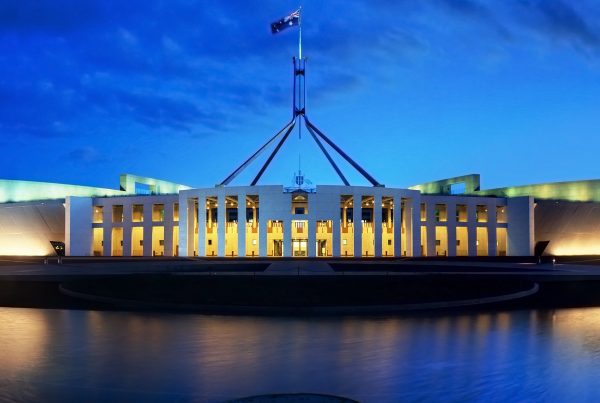There is a lot of discussion about Australia’s lack of productivity. There’s a productivity cost to paying for social services.
How does this impact on the productivity debate? Well, the more community services we provide, the more we spend, the less the productivity. The more government, or companies, or families throw money around, the less the productivity. Largesse & luxuries and productivity are opposites.
It’s a balancing act: If we don’t operate to make a profit then we must at least make a profit to operate.
There’s a wonderful explanation of this by SMH economic commentator, Ross Gittins (see below). He discusses the balance between ‘efficiency’ and ‘equity’. Efficiency means making maximum use of “the scarce resources of land, labour and capital available to the community” and equity is the “fairness with which the proceeds from all this efficiency are distributed between individuals and households”.
At a government level this is seen in the way wealth is redistributed, like the Carbon Tax and the Mining Tax, and the various services governments provide. Hence the Obamacare debate in the US and the current education-funding debate in Australia.
At a company level it impacts the extent to which a company can afford to be a good corporate citizen.
The trouble with the old models of Triple Bottom Line Accounting and Corporate Social Responsibility is that the social and environmental components were at the expense of the financial component. Michael Porter is an economist who has since come along with Creating Shared Value, which is a model that looks at ways to contribute to social and environmental benefits and increase company’s profits.
For instance a company that sells coffee invests in the education of coffee farmers; productivity goes up; the company (and everyone else in the production cycle) makes more money. Everyone wins; hence the ‘shared value’ that’s been created.
We need a more balanced approach to progress: SMH Wednesday Aug 29th 2012
...Taken narrowly, "equity" refers to the fairness with which the proceeds from all this efficiency are distributed between individuals and households. Is income being shared more unequally between the top, middle and bottom, or less?
But I want to use the term more broadly to encompass all our non-efficiency objectives. Not just monetary fairness, but our need to preserve the natural environment, need for strong relationships with family and friends, need for recreation and our desire to live in a community that's free, democratic and subject to the rule of law, with harmony between the many groups that make it up...





